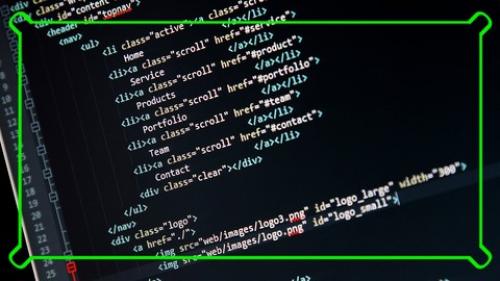
Course Description
Learn to process images by learning fundamentals of image convolutions using opencv and popular programming language Python. Build a strong foundation in Image Processingwith this tutorial for beginners. Understanding of how images are processed as array of RGBpixel intensities Learn basics of convolutions using kernels Leverage OpenCV and Python to perform convolution to create effects like emboss, outline, blur, sharpen and Sobel User Jupyter Notebook for programming Use step by step instructions along with plenty of examples A Powerful Skill at Your FingertipsLearning the fundamentals of image convolutions puts a powerful and very useful tool at your fingertips. Python, opencv and Jupyter are free, easy to learn, has excellent documentation. Image convolution is ubiquitous in everyday applications such as object detection, X-ray enhancements, license plate detections, autonomous car driving, restoration of antique photos. Its also pre-requisite for computer vision applications using machine learning. Jobs in image convolutions area are plentiful, and being able to learn opencv and pythonwill give you a strong edge. Image convolutions tasks are becoming very popular. Amazon, Walmart, Google eCommerce websites are few famous example of image convolutions in action. Convolutional neural network (CNN) uses these techniques to find type of images. Deep neural network inside CNNlearns these patterns by trying out various kernels to match image with target image. Image convolutions tasks are vital in information retrieval and computer vision applications . Big companies like Google, Facebook, Microsoft, AirBnB and Linked Inalready using image convolutions in information retrieval and social platforms. They claimed that using image convolutions has boosted productivity of entire company significantly. Content and Overview This course teaches you on how to convolve images using opencv, python and Jupyterframework. You will work along with me step by step to build following answers Introduction to image convolution Learn how to apply kernel to image using convolution Build an jupyter notebook step by step using opencv and python and learn effects like emboss, outline, blur, sharpen and Sobel. What am I going to get from this course? Learn fundamentals of image convolution and build image convolution tasks from professional trainer from your own desk. Over 10lecturesteaching you how to perform image convolution using opencv and python Suitable for beginner programmers and ideal for users who learn faster when shown. Visual training method, offering users increased retention and accelerated learning. Breaks even the most complex applications down into simplistic steps. Offers challenges to studentsto enable reinforcement of concepts. Also solutions are described to validate the challenges.Description
¿Para quién es este curso?
Course content
Top Rated News
- Sean Archer
- AwTeaches
- Learn Squared
- PhotoWhoa
- Houdini-Course
- Photigy
- August Dering Photography
- StudioGuti
- Creatoom
- Creature Art Teacher
- Creator Foundry
- Patreon Collections
- Udemy - Turkce
- BigFilms
- Jerry Ghionis
- ACIDBITE
- BigMediumSmall
- Boom Library
- Globe Plants
- Unleashed Education
- The School of Photography
- Visual Education
- LeartesStudios - Cosmos
- All Veer Fancy Collection!
- All OJO Images
- All ZZVe Vectors




